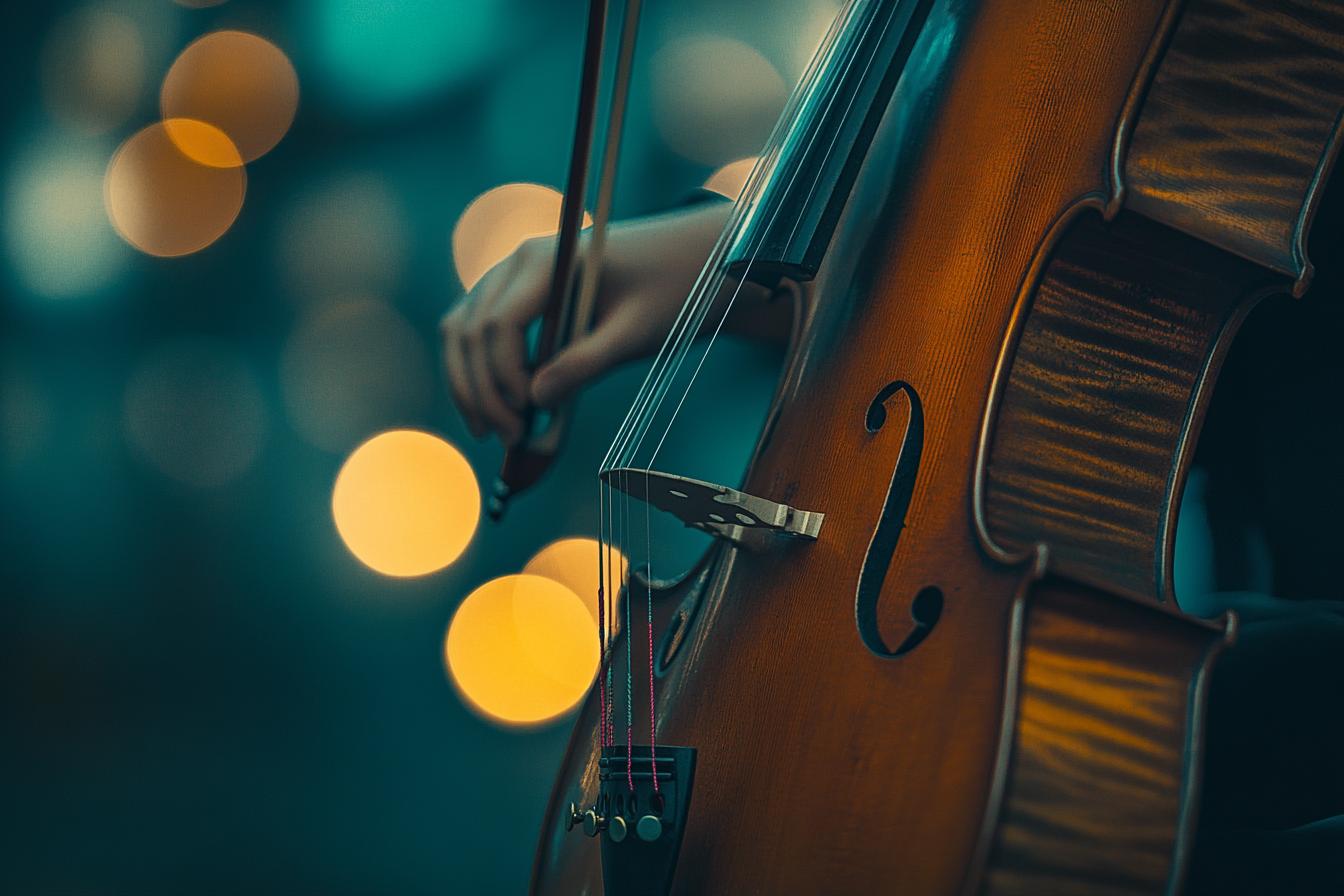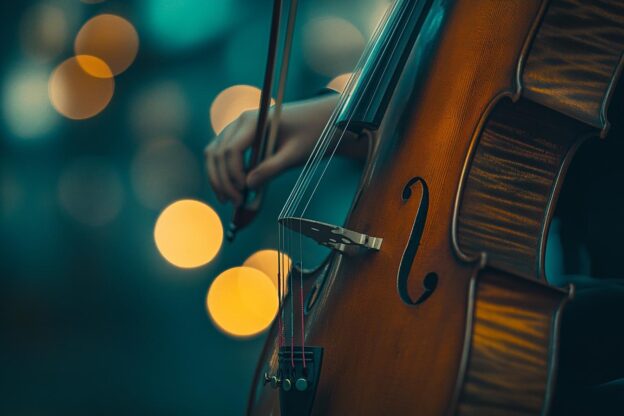The influence of classical music on radio broadcasting is undeniable. From the early days of radio, when classical music was a staple of programming, to the present day, where dedicated classical music stations and online streaming services thrive, the genre has captivated listeners with its timeless beauty and emotional depth. It’s fascinating to consider how the accessibility of radio helped shape the relationship between classical music and the general public, making it more readily available to those who might not have had access to live performances or recordings. For many, the radio became their gateway to the world of Mozart, Beethoven, and Bach, sparking a lifelong appreciation for the genre.
Beyond traditional radio, classical music has found a new home in the realm of podcasts and online radio platforms. These platforms offer a more curated and personalized experience, catering to specific tastes and interests within the vast world of classical music. From in-depth discussions of composers and their works to interviews with renowned musicians, these podcasts and online radio channels offer a rich tapestry of information and entertainment for the classical music enthusiast. They provide a platform for both established and emerging artists to connect with listeners, fostering a sense of community and shared passion for the genre.

Classical Music Influencers
1. Classical Music Influencers
Classical music influencers are individuals who use their passion and expertise to share the beauty and power of classical music with a wider audience. They often have a strong online presence and engage with their followers through various platforms, such as YouTube, Instagram, and TikTok. These influencers can be musicians, educators, journalists, or even simply passionate fans who are dedicated to spreading the joy of classical music. They might create engaging videos showcasing their own performances, provide insightful commentary on famous composers and works, or offer educational content that demystifies the world of classical music for beginners.
Beyond simply sharing their love for classical music, these influencers often play a crucial role in promoting accessibility and fostering a sense of community. They create spaces where individuals from all backgrounds can discover and appreciate classical music, regardless of their prior knowledge or experience. By using creative and engaging methods, they break down barriers and make classical music more relevant and relatable to a modern audience. This, in turn, contributes to the continued appreciation and preservation of this rich musical tradition for generations to come.
2. Modern figures promoting classical music
The world of classical music is experiencing a renaissance thanks to the efforts of modern figures who are passionate about sharing its beauty with a wider audience. These individuals are not just performers or composers; they are educators, communicators, and cultural ambassadors. They use social media platforms, podcasts, and engaging content to break down the perceived barriers to classical music, making it accessible and relatable to a diverse range of listeners.
These modern figures are not only promoting classical music, but also advocating for its relevance in today’s society. They highlight the timeless power of classical music to inspire, comfort, and connect with audiences on a deep emotional level. Through their efforts, they are fostering a new generation of classical music enthusiasts, ensuring that this rich tradition continues to thrive in the years to come.
3. Online platforms for classical music outreach
The internet has opened up exciting new avenues for classical music outreach. Platforms like YouTube and Spotify provide a vast library of classical music recordings, making it easier than ever for people to discover and explore this genre. These platforms also offer opportunities for musicians to connect directly with audiences through live performances, educational videos, and behind-the-scenes content. This accessibility can spark a love for classical music in new generations and foster a deeper appreciation for this rich tradition.
Beyond streaming services, social media platforms like Facebook, Instagram, and Twitter play a crucial role in promoting classical music. Musicians and organizations use these platforms to share news, updates, and behind-the-scenes glimpses into their work. They also use these channels to engage with audiences, answer questions, and build a sense of community. This interactive approach helps to break down barriers and make classical music feel more approachable and relevant to a wider audience.
4. Impact on accessibility and appreciation
Classical music influencers have dramatically changed how people engage with classical music. They make classical music more accessible by breaking down complex concepts and presenting them in a relatable and engaging way. Influencers use platforms like YouTube and social media to share their passion for classical music with a wider audience, fostering a sense of community and encouraging discussion. They curate playlists, explain the history and context of pieces, and even create entertaining content that makes classical music more approachable for newcomers.
Furthermore, these influencers contribute to a deeper appreciation for classical music. They go beyond simply sharing music and delve into the stories behind the composers, the historical context of the pieces, and the technical intricacies of the performances. By providing insights and perspectives that enrich the listening experience, influencers encourage audiences to listen more attentively and develop a greater understanding and appreciation for the art form. This, in turn, cultivates a more engaged and informed audience for classical music.
5. Challenges in Engaging New Audiences
Engaging new audiences in classical music presents a unique set of hurdles. One significant challenge is overcoming the perception that classical music is elitist or inaccessible. Many people associate classical music with formal concert halls and a certain level of knowledge, which can make it feel intimidating to newcomers. Additionally, the sheer volume of classical music can be overwhelming, making it difficult for individuals to discover pieces and composers that resonate with them. Classical music influencers need to find ways to break down these barriers and demonstrate the beauty and accessibility of this art form.
Another challenge is competing with the constant stream of entertainment options available today. With the rise of streaming services and social media, people have access to an endless supply of music, videos, and other content. Classical music influencers must find creative ways to stand out in this crowded digital landscape and capture the attention of potential listeners. This might involve using innovative storytelling techniques, collaborating with other artists, or leveraging social media platforms to connect with new audiences.
6. Role of social media and digital content
Social media platforms and digital content play a crucial role in shaping the landscape of classical music. They offer a powerful platform for classical music influencers to connect with audiences, share their passion for the genre, and introduce new listeners to the beauty of classical music. Through engaging videos, insightful articles, and interactive discussions, influencers can break down barriers and make classical music more accessible and relatable. They can showcase the diverse range of classical music, from the familiar works of Mozart and Beethoven to the lesser-known compositions of contemporary composers. By sharing their knowledge and enthusiasm, influencers can foster a deeper appreciation for the art form and inspire a new generation of classical music enthusiasts.
Digital content also empowers classical music influencers to reach a wider audience than ever before. By creating and sharing high-quality videos, podcasts, and other digital content, they can connect with listeners across geographical boundaries and transcend traditional barriers. This accessibility allows influencers to introduce classical music to new audiences, cultivate a sense of community among existing fans, and promote the work of talented musicians and composers. Moreover, digital platforms offer valuable tools for engagement, allowing influencers to foster interactive discussions, respond to audience feedback, and build genuine connections with their followers. This interactive approach helps to create a more dynamic and engaging experience for both influencers and their audience.
Conclusions
So, there you have it! Classical music is definitely not stuck in the past. It’s evolving with the times, thanks to awesome influencers, modern-day champions, and awesome online platforms. These folks are making classical music way more accessible and helping everyone appreciate its beauty. Of course, there are some hurdles to overcome, like getting new people interested. But with the power of social media and cool digital content, we’re definitely on the right track to make classical music a hit with everyone!
